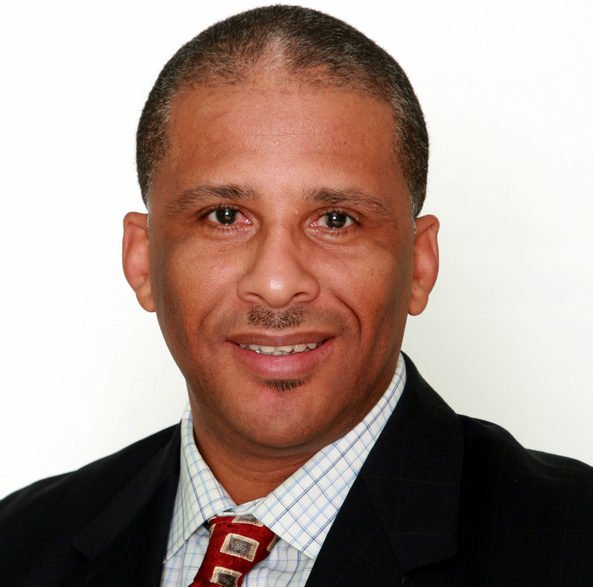[Originally appeared July 4, 2016, reproduced by ![]() with permission]
with permission]
By Melanius Alphonse
President Gerald Ford said: “A government big enough to give you everything you want is a government big enough to take from you everything you have.”
The general elections in Saint Lucia [2016] included political promises every bit as illusory as Donald Trump’s slogans, which has renewed concerns to do something about campaign finance reform, massive bribery, and political kickback schemes.
This is focused on capital and conflict from major economic players, local and international corporations, regional and foreign challengers’ lavish display of resources that exploit the vulnerable poor and unemployed, albeit making use of huge government concession and subsidies, yet adverse to the labour code, decency and the basic human rights of the workforce.
A new regulatory framework, far-reaching reform, and oversight are vital to challenge the reigning code of silence and to derail fraud, corruption and/or misuse of public funds.
It is helpful to understand that fear and hypocrisy has produced chaos and operated to silence voices and institutions, sending a very strong signal that it is all about us – from one interest group to another – from one influential, powerful and affluent group to another.
This does not show respect for people’s right to choose.
Campaign finance reform translates into sharing a higher value of social and civic engagement in making informed decisions on key social, economic and political issues.
Moreover, if campaign finance reform were in place, transparency would eradicate certain perceptions, make clear positions and meet set standards.
Without such guidelines, political parties are beholden to corporate and special interests groups by apparently peddling their policy for the removal of Value Added Tax (VAT) and replacing it with “creative” means akin to a sales tax, and currying favour for the removal of personal property tax for a period of three years, including the proposal for a new trade status quo.
With this in mind, it should come as no surprise when a donor unilaterally perceives that a contribution of EC$100,000 is adequate to secure a spouse’s future in the hierarchy of the public service, whilst another has emphasised the importance of clarity in judicial matters to justify loyalty and support on important issues.
Consequently, it is undeniable why Saint Lucia finds itself at the misfortune of the so-called Leahy Law.
On the economic level, there is immense worry over the new government’s weakness in every way possible to apply fiscal policy to achieve inclusive growth in an economy that, above all, has become lopsided, suffering from high unemployment, declining wages, and blatant fraud and corruption.
The importance of this is enormous in a world where ignorance is not a virtue, and campaign financiers and contributors seldom skip a beat in expecting some sort of quid pro quo.
The question seems frightening: On election day [2016], was the country sold, and to whom?
However, it is not surprising that the political and economic heavyweights are crafting camouflaged agendas and projects with offshore conglomerates and local subsidiaries betting on the outcome of the Jack J. Grynberg, RSM Production Corporation controversy.
Besides this is the avariciousness to share in the spoils of macro distribution, and infrastructure projects and, at the core, a shiny repackaging of the citizenship by investment (CBI) programme.
Saint Lucia’s general election is a case study of the exchange of votes for expense reimbursement, cash in tee shirts, mortgage payments, the promise of government jobs and turning a blind eye to bureaucratic irregularities and even fraud.
The distribution chain of government in deciding who gets what, when and how is at the heart of factional internal strife that has and is gutting law and order; the economy and created loopholes deeply unresponsive to limiting, closing and fighting entrenched sleaze.
With this level of disintegration, it is often felt that politicians have failed to deliver on the principles of fairness, equality, and justice, choosing to pursue self-interest often stained with judicial scrutiny and in the process misrepresenting the country.
Such practices are particularly profound in an environment burdened by a broken judicial system in which independence has for a long time been questionable.
Compounding this is the problematic policy of trickle-down economics. This is not reassuring in a mono-economy where politics and the economy are inter-related and the deterrent, certainty of apprehension and severity of punishment for white-collar crime, is limited.
Besides, it is not so much a mystery why there is no consensus for a new legal and regulatory framework for reform and oversight. In the meantime, the new cabinet of ill-defined intentions has the sure capacity to continue the national tradition of mediocrity with democratic naughtiness.
This article written by Melanius Alphonse originally published July 4, 2016.






